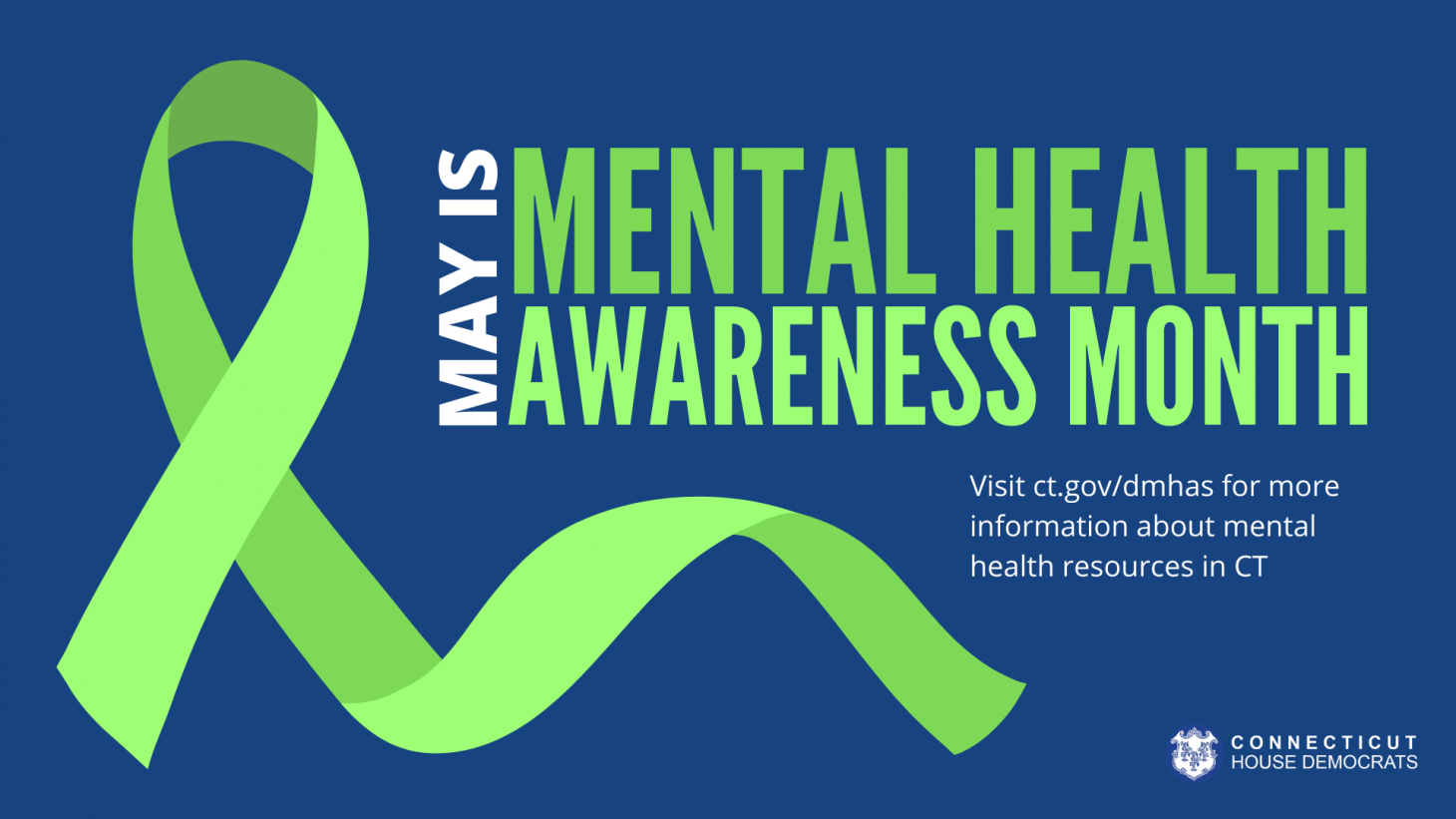Additionally, please see the following mental health resources from The Hub: Behavioral Health Action Organization.
Prevention. Treatment. Recovery.
These are the three core areas to focus on in order to achieve mental wellness. Individuals, communities, schools and other organizations all play a roll. If we all do our part, we can improve mental health.
1. Know the Warning Signs
Educate yourself so you can recognize warning signs of mental health conditions
Below are some common signs. For additional signs and more information, visit the NAMI website.
- Excessive worrying or fear
- Feeling excessively sad or low
- Confused thinking or problems concentrating and learning
- Extreme mood changes, including uncontrollable “highs” or feelings of euphoria
- Prolonged or strong feelings of irritability or anger
- Avoiding friends and social activities
- Difficulties understanding or relating to other people
- Changes in sleeping habits or feeling tired and low energy
- Changes in eating habits such as increased hunger or lack of appetite
Prevent a crisis. Reach out to one of the warmlines
if you need to talk. |

